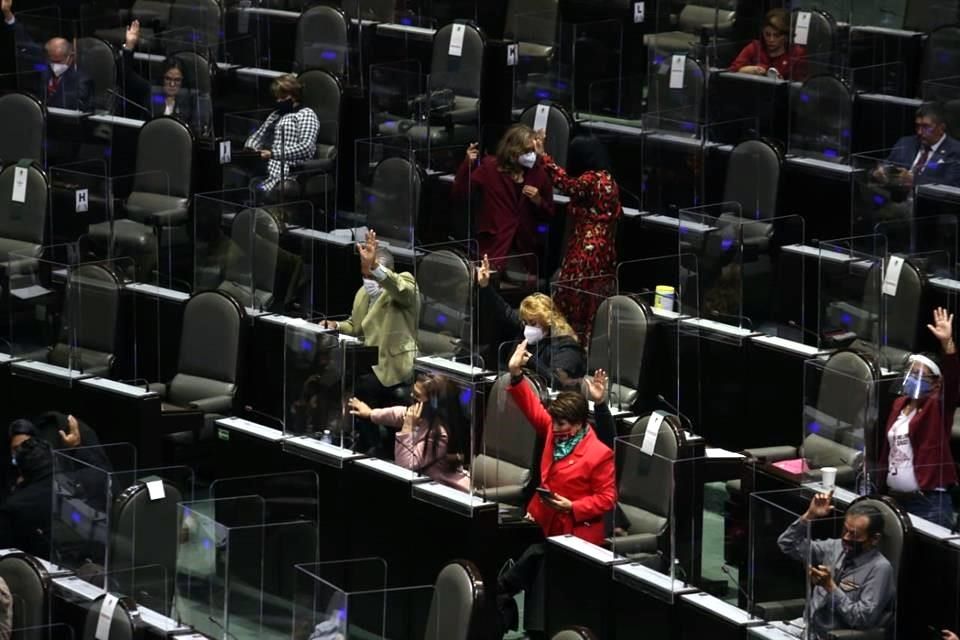
The plenary session of the Chamber of Deputies approved, in general, reforms to the Federal Labor Law, to allow telework in our country, better known as the Home Office.
According to this reform, it is specified that the working person under the teleworking modality is the one who provides their personal, remunerated and subordinate services, in a place other than the company or employer’s workplace, and uses the technologies of the information and the communication. And it is added that when 40% of the fulfillment of the work is outside the workplace, it will be considered as telework.
In addition, article 330B would read as follows: “that the general working conditions indicated in article 25 of the Federal Labor Law must be established, as well as the figure of telework, which will ensure that no differences are established in labor rights regulated in the legal framework”.
In the event that there is no collective agreement, Article 330D establishes that the provisions must be included in the corresponding internal regulations, he added.
Article 330E incorporates special obligations for employers, in order to provide the means, resources and tools necessary to perform the job, which include, among others, assuming expenses derived from the working day, respect for the right to disconnection, mechanisms and adequate training for the use of information and communication technologies.
Article 330F contemplates the special obligations for workers in the teleworking modality, such as the care, storage and conservation of the supplies provided to carry out their work; respect the provisions on safety and health at work, and the protection of data used in the performance of their activities, he stressed.
Article 330G establishes the guarantee of changing the modality from face-to-face to telework, in order to ensure the rights of workers under this modality in relation to face-to-face.
He added that article 330H incorporates that the employer must promote balance in labor relations, in accordance with the law, as well as observe personal life with working hours with a gender perspective.
In article 330I there are provisions to guarantee the right to privacy, respecting personal data and limiting the circumstances under which video cameras and microphone may be used, he said.
–
Source: Mayhill.J.Fowler





